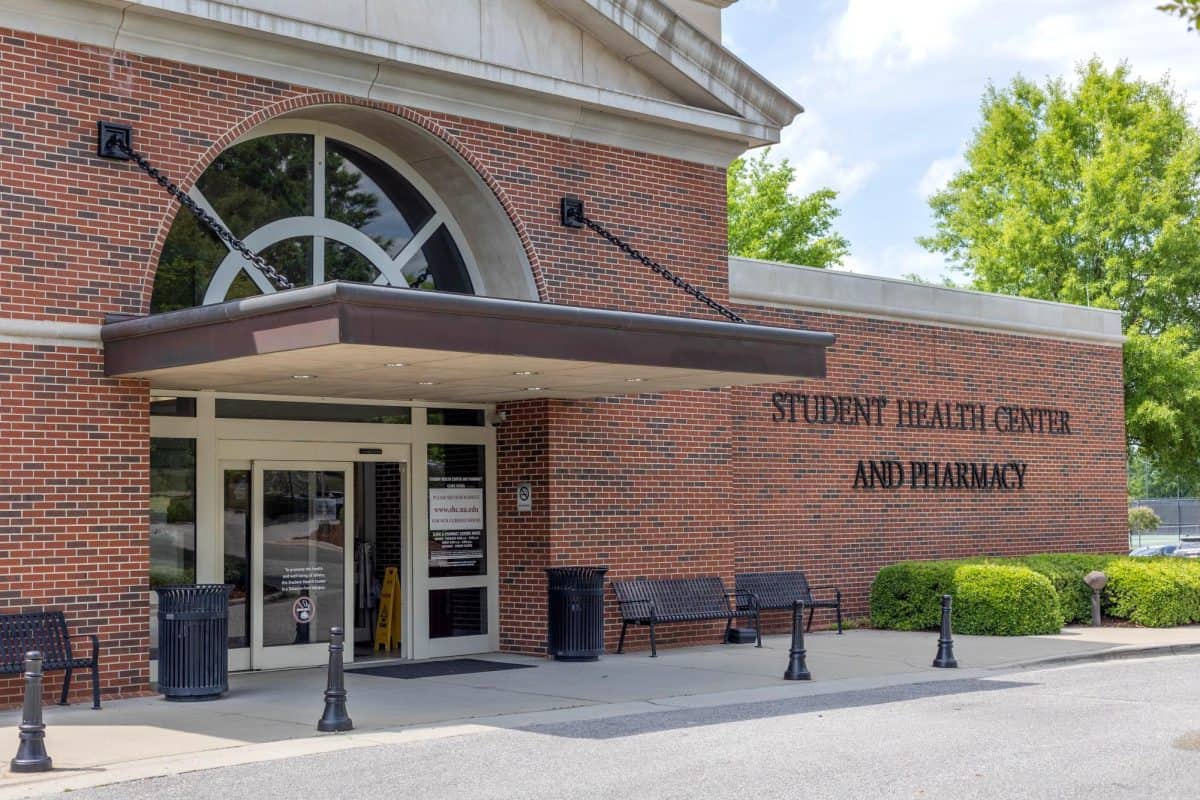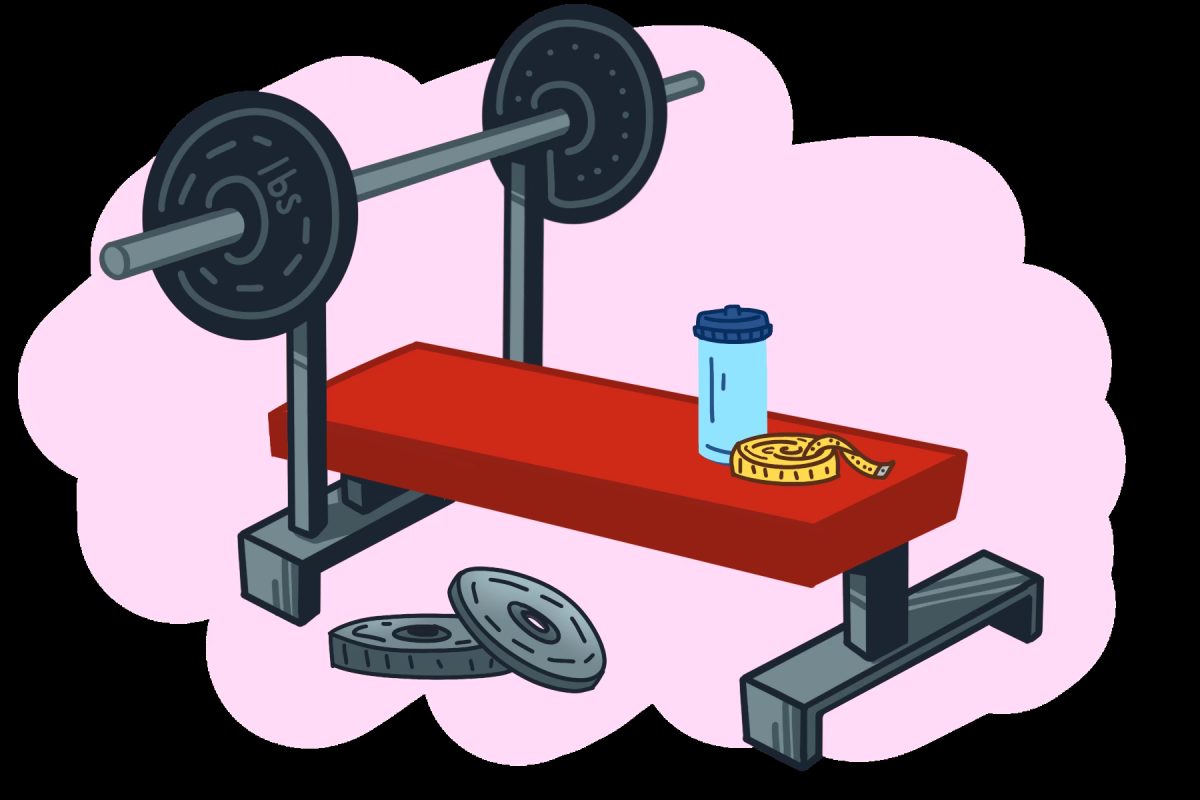People get angry about a lot of things: early morning traffic jams, loud parties on school nights and buildings related to a religion they dislike. We don’t like being angry, and it’s our instinct to seek out ways to reduce or eliminate the things that bother us. With some things, the irritant is so universally shared that everyone agrees governments should do something about it.
For example, a widespread agreement to drive safely and not be loud at unreasonable times benefits everyone (the only detriment being the occasional traffic ticket and limiting parties to weekends), so it is in our best interest to allow an authoritative organization to hold people to this arrangement.
For other things, like part of religious buildings that aren’t our religion, we have decided that allowing the majority to bully the minority into submission would be very bad. Maybe it would work out okay for the next few years, or decades, but as soon as the minority gains a little bit of influence in the government, we are all seriously screwed. This is a pretty basic concept, right?
Think about the problems humanity probably faced initially that led to this arrangement: Neanderthal Ned is really strong, and he takes advantage of his position by forcibly taking people’s food for himself and his followers… but then he gets sick one day and his victims club him in the head. Fast-forward a bit, to baby America, when the same story was playing out among the strong and weak religions of the time. Many years of wrestling with the details of religion-protection (who is allowed to worship what, who can run for office, etc.) led us to our current laws regarding separation of church and state.
Yet we have grown up with these laws and have never experienced what a lack of them causes. To lots of people, particularly those around here who are members of the winning religion of the day, church/state separation is an annoyance at best, and a moral outrage at worst.
These people forget that these laws run both ways: your church cannot interfere with the governing of the state, just as the state cannot interfere with the governing of your church. This is especially important in this era of mega-churches, when one charismatic bleach-teethed minister has power over thousands of adherents. How much pressure do you think these guys are under when election time rolls around? How many over-generous donations from candidates do you think they get, with a wink and a smile and a Hallelujah?
I’d hate to be on that stage next November, under all those lights and cameras, knowing that if I don’t persuade my members to vote Republican, the kids won’t get their recreation center. Likewise, I’d hate to be an honest politician who has to donate to churches and promise ecclesiastical favors to win elections. This is the scenario that our forefathers knew to prevent; the righteous are vulnerable to the tragedy of poisoning and corruption, not because they are all evil, but because it is inevitable in our system of competing interests. The one important interest that most ethical people share is accomplished by keeping the two separate as much as possible.
There are many who proclaim to be level-headed and respectful of the law, and state simply that the Mosque should not be prevented by law, but the builders should “know better” than to build there. More than once, I have heard a snarky comment about the building getting blown up, with the implication being that they would feel just fine if it was.
The point of religious freedom in this country is not about government intervention alone. The point of that and most laws we have is to protect the weak from the strong. If you give that up, if you decide that bullying the dissenting minority is a legitimate course of action, then you give up what makes this country great.
What makes you great? You become Neanderthal Ned – and you’d better not get sick.
Sam Arnold is a junior majoring in philosophy.








